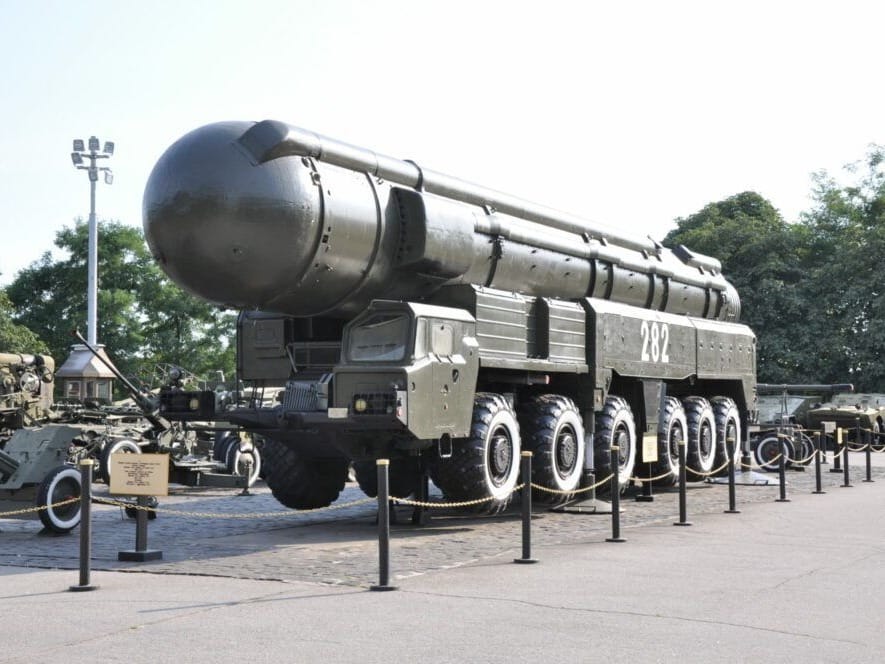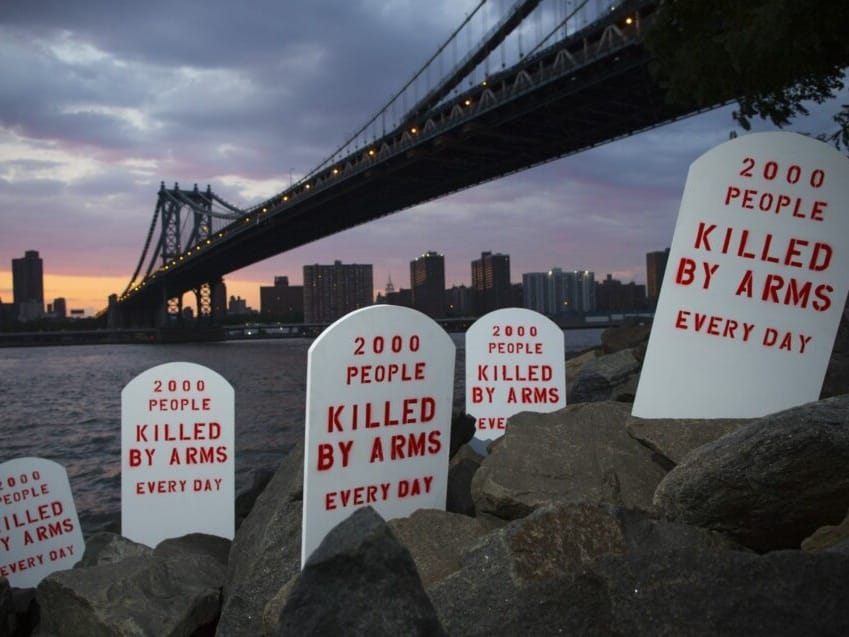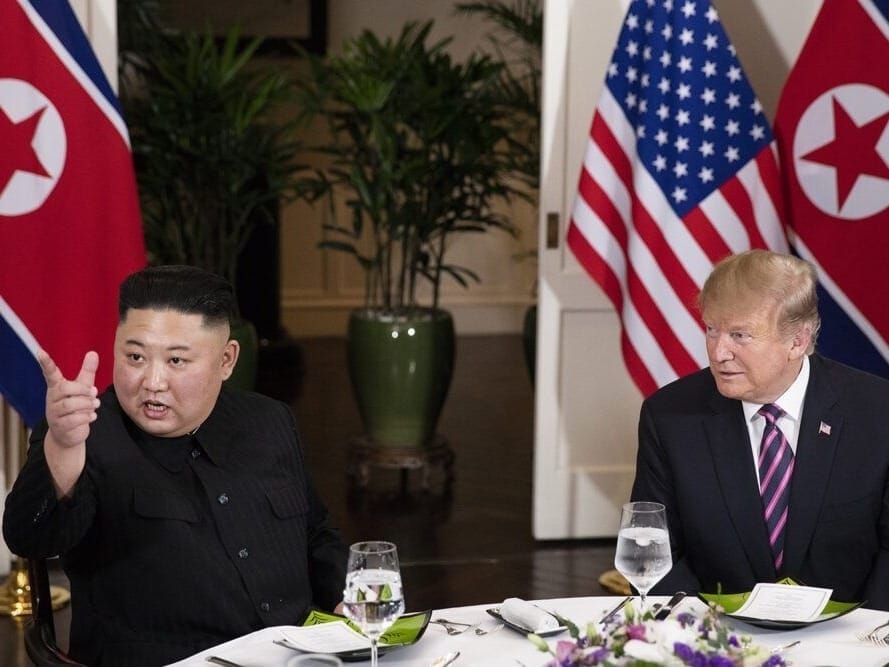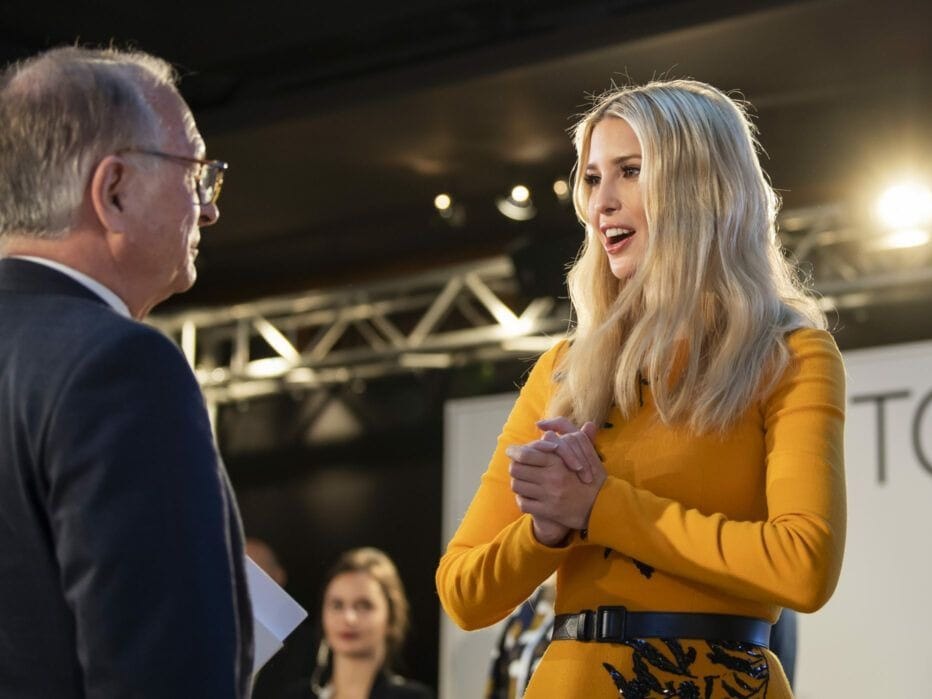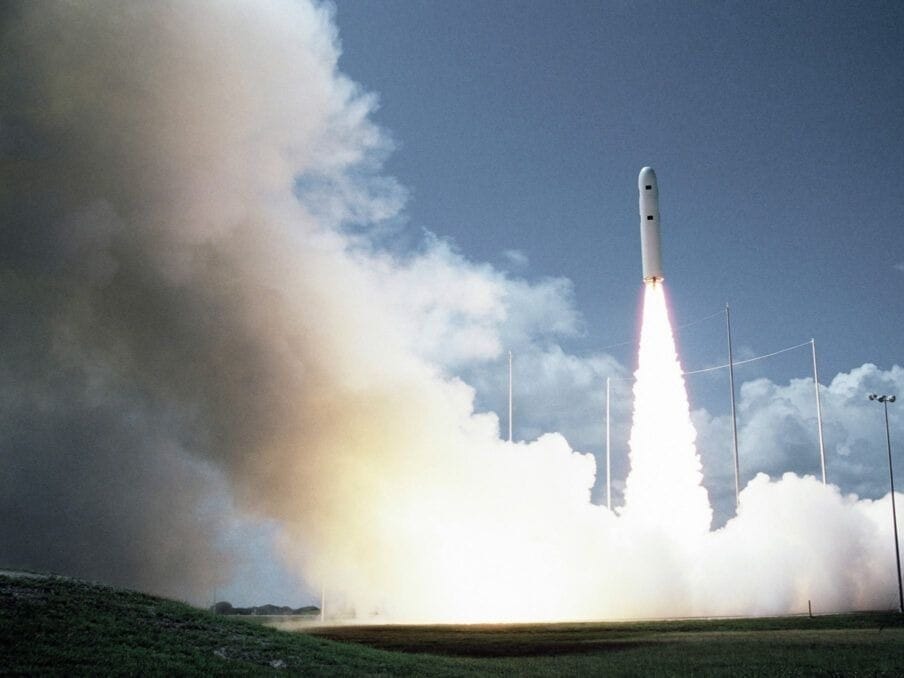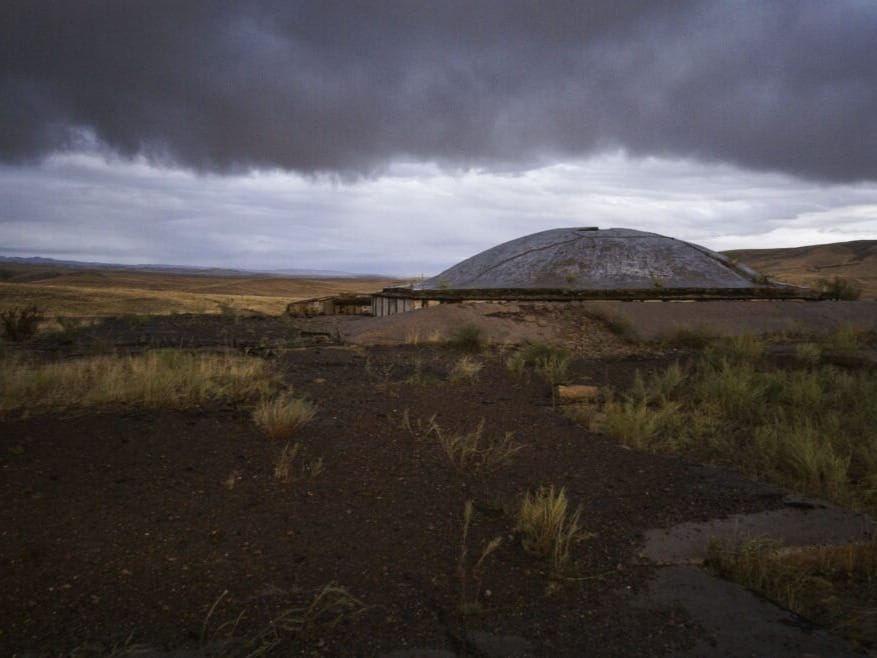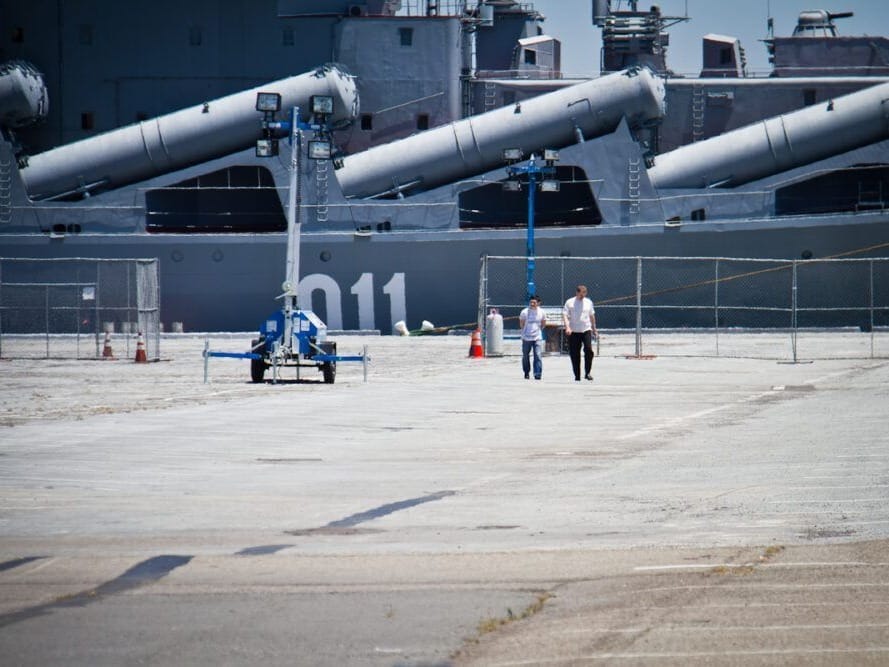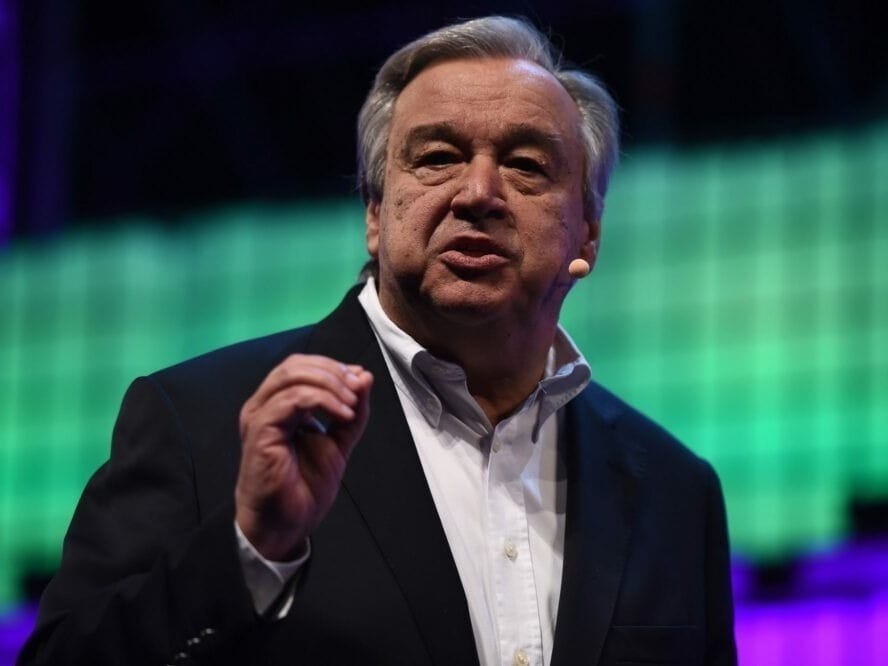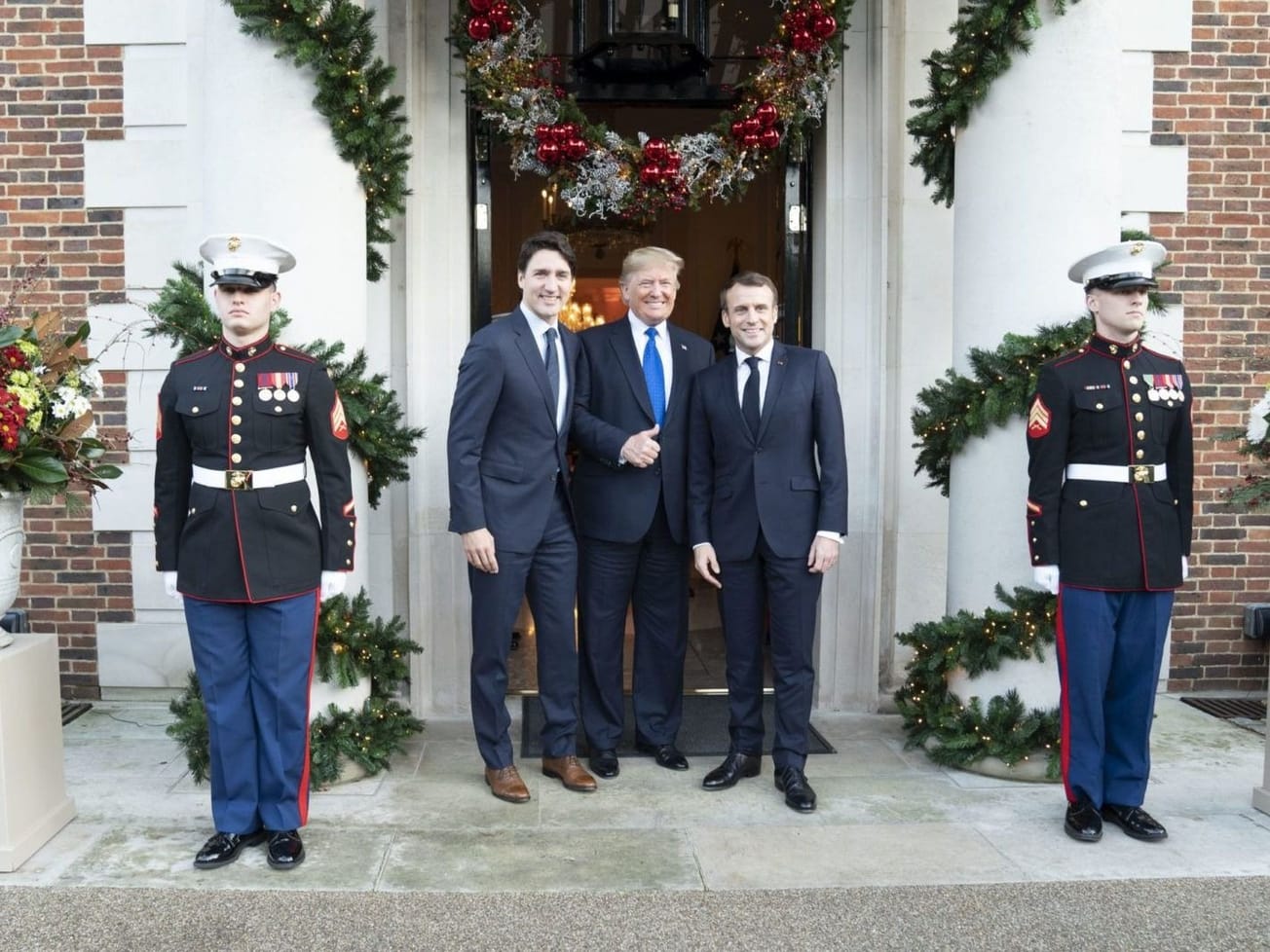
At NATO, Trump clashes with major allies
U.S. President Donald Trump sowed division with American partners before departing a NATO summit and leaving it to other leaders to put on a united front.
Already have an account? Log in
U.S. President Donald Trump sowed division with American partners before departing a NATO summit and leaving it to other leaders to put on a united front.
Experts said the demise of the INF Treaty will make the job of advocating for nuclear arms control far more difficult.
The treaty covers small arms, battle tanks, combat aircraft and warships. The U.S. is the world's biggest arms exporter.
The leaders had contradictory accounts of why there was no agreement on dismantling North Korea's nuclear weapons.
Leaders criticized the breakdown in transatlantic relations from U.S. isolationism despite China's growing power.
The U.S. will suspend participation in the Intermediate Range Nuclear Forces Treaty against nuclear-capable cruise missiles.
António Guterres urged more diplomacy, climate ambition, technology uses, and focus on the U.N.'s 17 Global Goals.
The Trump administration's broadsides embolden nations with poor rights records and encourage attacks on journalists.
Democrats vowed to redirect, block or investigate the U.S. president's foreign and domestic programs and priorities.
Arms control experts urged the Trump administration to reverse plans to withdraw the U.S. from a Cold War-era treaty.
The Trump administration announced plans to withdraw the United States from the INF Treaty of 1987, and blamed Russia.
António Guterres launched a campaign underscoring the need for nations to scrap nuclear arsenals and other weapons.
